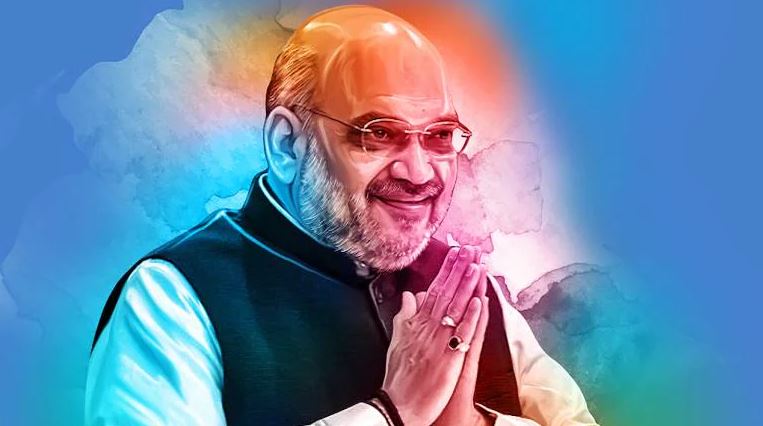Union Home Minister Amit Shah has rolled out some big plans for cooperatives, which are likely to change the sector upside down with some major political ramifications.
Amit Shah’s big plans for cooperatives
Amit Shah, who also serves as the Union Cooperation Minister has announced that the centre will soon come out with a new cooperative policy, while working in coordination with states to strengthen the cooperative movement. Shah also said that the number of primary agriculture cooperatives (PACs) will be increased to 3 lakh in the next five years from the present 65,000 PACs.
The Union Cooperation Minister was speaking at the first Sehkarita Sammelan or National Cooperative Conference. Outlining his ambitions to place the cooperatives movement at the core of national growth, Shah said, “We will bring a new Act to strengthen the cooperative sector. Cooperatives are not a new concept in our 10,000-year-old history. It will be a model for India’s development and play a key role in India becoming a $5trillion economy.”
Shah added, “Our aim is to take development to rural areas at a faster pace and greater scale within a swadeshi framework.”
Also read: Amit Shah proves again why he is hailed as the Chanakya of modern Indian politics
As a part of its bid to reform the cooperatives sector, the government plans to bring legislative amendments to strengthen and expand multi-state cooperatives and expand footprint of the PACs. This will unite cooperatives across the country and create a national framework of the cooperatives movement in India.
Why are cooperatives important?
As per data given by the National Cooperative Union of India, India’s cooperatives sector is the largest in the world. It covers 98 percent of the country’s length and breadth, with nine lakh socities with a membership of around 290 million people.
Also, 91 percent of villages across India has the presence of cooperative societies and now the centre wants to go international. The plan is to connect India’s cooperatives movement with the International Cooperative Alliance (Global) that consists of 3 million cooperatives from 110 countries.
Dairy major Amul, flatbread manufacturer Lizzat Papad and fertiliser chain IFFCO are some of the examples of the successes reaped by the country’s cooperatives movement. In fact, 29 percent of farm loans, 35 percent of urea production and 31 percent of urea distribution is done through cooperatives in the country.
Cooperatives are of immense utility and come to rescue in all situations from flood management to cyclone response.
Problems with cooperatives
Cooperatives have proved useful over the past seven decades. However, the system is riddled with inefficiencies. Amit Shah said, “On their part, cooperatives have to bring in transparency in their functioning, membership, elections, accounts and day-to-day work.”
Also read: Amit Shah’s all new ‘Ministry of Cooperation’ – What is it? And how does it affect you?
He added, “I have been involved with the cooperative movement for 25 years. I still get asked whether cooperatives are relevant or not. To them, I say that the cooperative revolution is more relevant than ever.”
There is this issue of opaqueness and excessive political control over the cooperatives. Local politicians exercise way too much of influence over how the cooperatives function, especially in the agrarian states. The local political maneuvering in these cooperatives often end up reducing them into money-minting machines and create transparency issues.
However, Amit Shah understands how cooperatives work and therefore he is ready to take on the regional satraps by institutionalising the cooperatives movement. The Union Cooperation Minister is in control now and he will overhaul the system of cooperatives.
